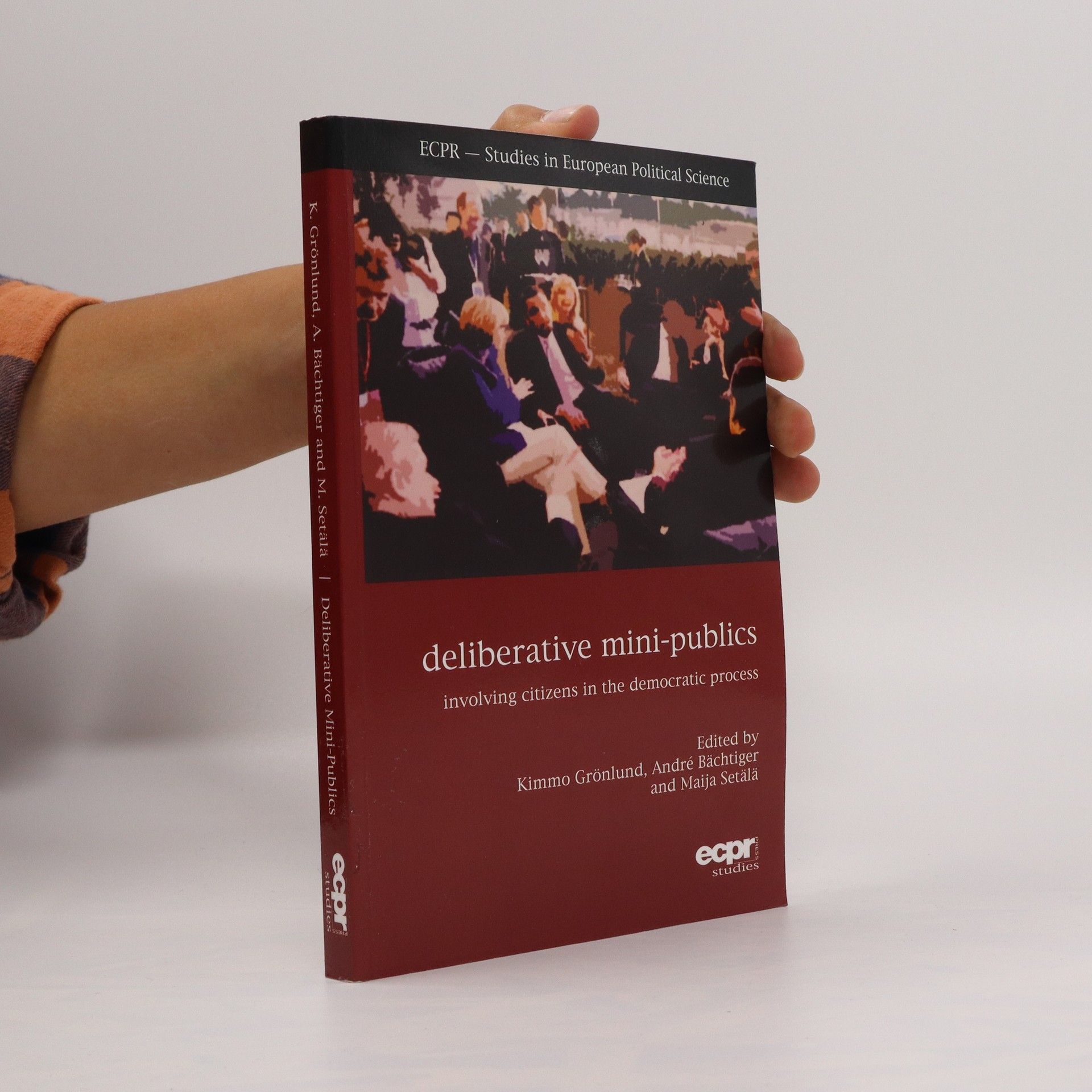Deliberative Mini-Publics
- 272 Seiten
- 10 Lesestunden
The first comprehensive account of the booming phenomenon of deliberative mini-publics, this book offers a systematic review of their variety, discusses their weaknesses, and recommends ways to make them a viable component of democracy. The book takes stock of the diverse practices of deliberative mini-publics and, more concretely, looks at preconditions, processes, and outcomes. It provides a critical assessment of the experience with mini-publics; in particular their lack of policy impact. Bringing together leading scholars in the field, notably James S Fishkin and Mark E Warren, Deliberative Mini-Publics will speak to anyone with an interest in democracy and democratic innovations.

